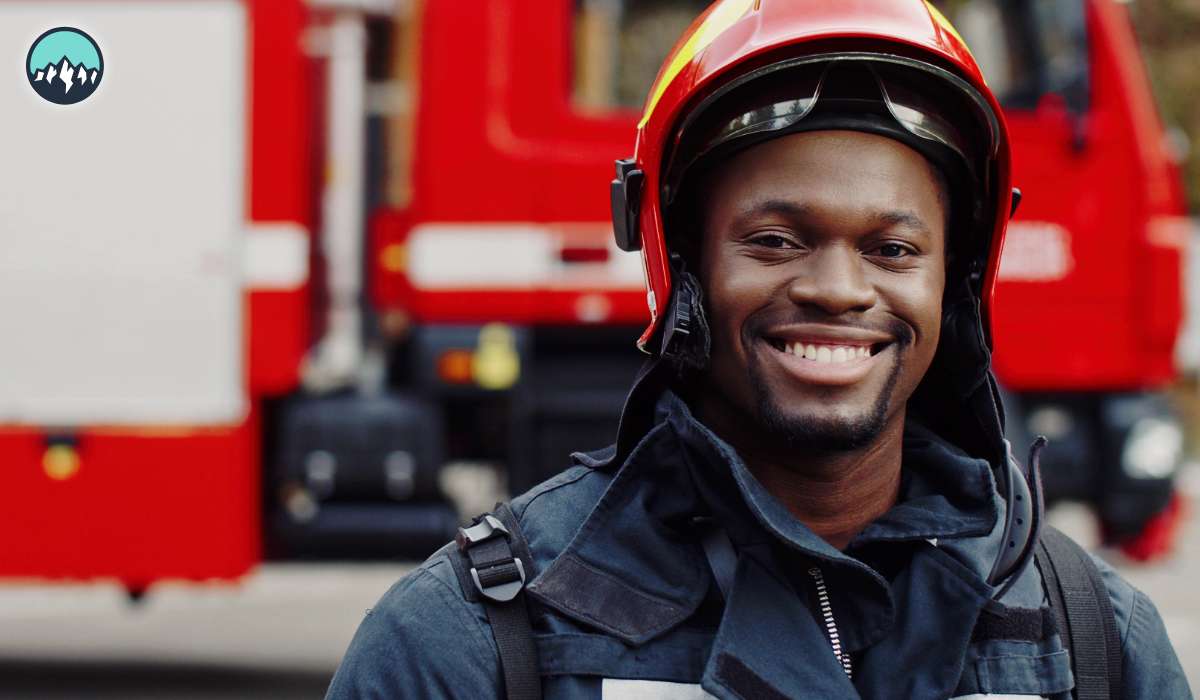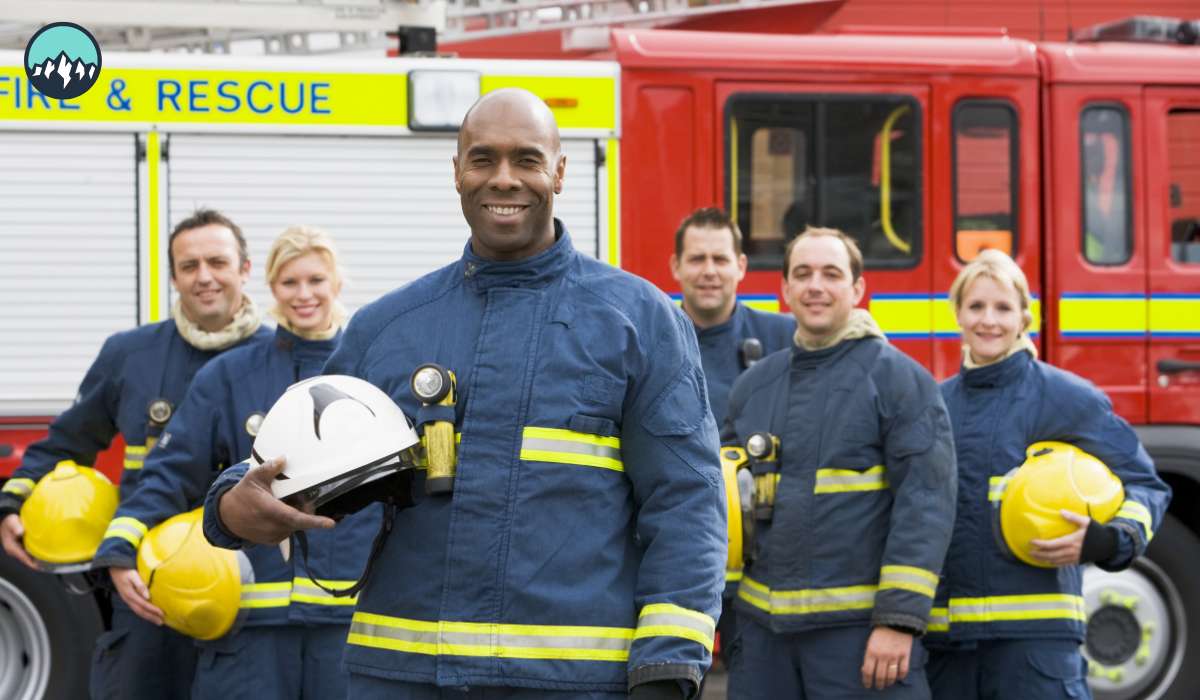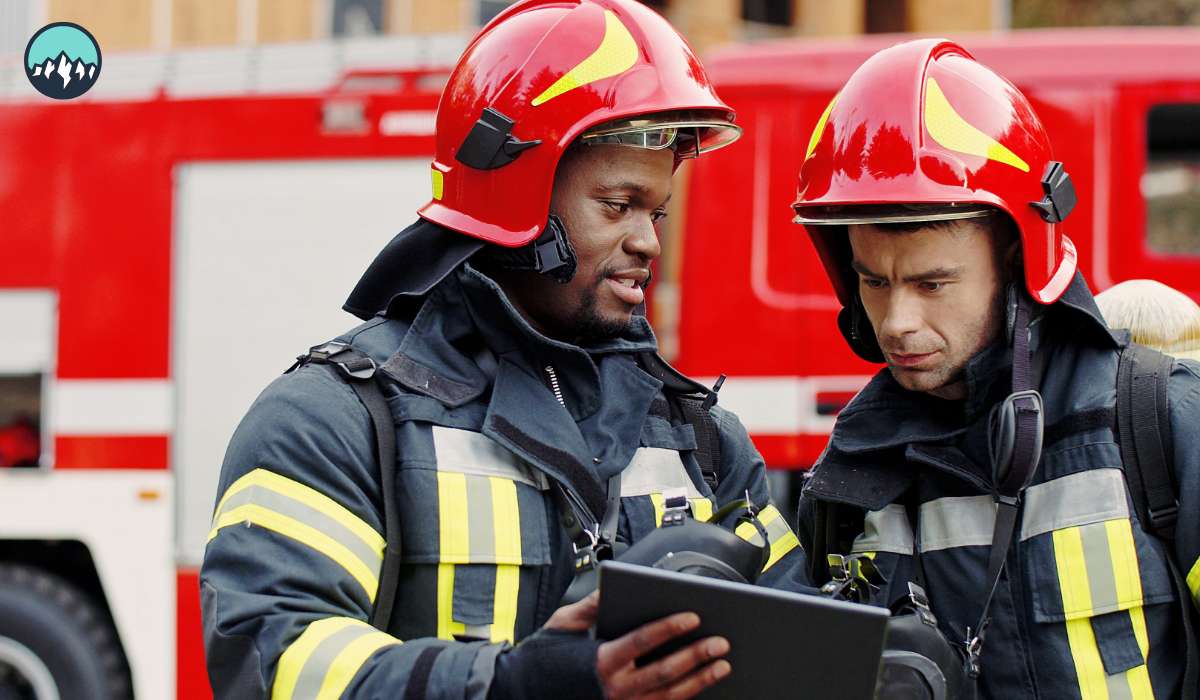Immigrate to Canada as a Firefighter
22 Jan 2025

Canada is calling for heroes, and the need for firefighters has never been greater. If you've ever dreamed of a career that offers stability, respect, and the chance to serve, this could be your perfect path. From excellent salaries to unmatched benefits, firefighting in Canada is a gateway to a brighter future. This guide will show you how to make it happen.
High Demand for Firefighters Across Canada
Canada has a consistent demand for skilled firefighters. As urban areas expand and natural disasters such as wildfires become more frequent, municipalities across the country are prioritizing the hiring of firefighters to ensure public safety.
Urbanization and Population Growth
With cities like Toronto, Vancouver, Calgary, and Montreal rapidly growing, local governments must increase firefighting capacity to protect larger populations. Expanding urban infrastructure also means more responsibilities for fire departments.
Wildfires and Environmental Challenges
Regions such as British Columbia and Alberta face annual wildfire seasons that require highly trained firefighters. These provinces often need seasonal and permanent firefighting professionals to respond to emergencies promptly.
Workforce Gaps Due to Retirements
A significant portion of Canada's firefighting workforce is approaching retirement age. This creates opportunities for new talent to join the field and meet the ongoing demand for public safety professionals.
The Job Bank Canada regularly lists firefighting vacancies across various provinces, making it an invaluable resource for immigrants seeking career opportunities in this field.
How You Can Immigrate to Canada as a Firefighter

Becoming a firefighter in Canada as an immigrant involves meeting specific qualifications and following the appropriate immigration pathway. Here's how you can make it happen:
Step 1: Select the Right Immigration Pathway
Canada's immigration system offers several options for skilled workers, including firefighters:
- Express Entry System: The Express Entry program is designed for skilled workers and is one of the fastest ways to immigrate. Firefighters with the right qualifications and experience may qualify under the Federal Skilled Worker Program or the Canadian Experience Class.
- Provincial Nominee Programs (PNPs): Many provinces in Canada have their PNPs tailored to meet local labor market needs. Some provinces prioritize applicants with firefighting experience, especially in regions prone to wildfires.
- Temporary Work Permits: If you receive a job offer from a Canadian fire department, you can apply for a temporary work permit. This route can also lead to permanent residency after gaining Canadian work experience.
Step 2: Meet the Qualifications for Firefighters in Canada
To qualify as a firefighter in Canada, you'll need to fulfill specific requirements:
- Education: Completion of high school is mandatory. Additional certification in firefighting from a recognized institution is often required.
- Physical Fitness: Firefighters must pass rigorous physical fitness tests to demonstrate their ability to handle demanding emergency tasks.
- Medical Examinations: Applicants must meet medical standards to ensure they can perform their duties safely and effectively.
- Specialized Training: Knowledge of first aid, CPR, and hazardous materials handling is crucial. Many fire departments also require candidates to complete additional training at firefighting academies.
Step 3: Search for Jobs on Job Bank Canada
The Job Bank Canada is the official platform for job seekers in Canada. Firefighter positions are regularly posted here, making it a reliable resource for immigrants:
- Use filters to narrow your search by location, salary, and job type.
- Check for job postings that specify "LMIA-supported," as these indicate employers are willing to hire foreign workers.
- Save your job searches and set up alerts for new postings.
Step 4: Submit Your Immigration Application
Once you've secured a job offer or determined your eligibility for a specific immigration program, it's time to submit your application:
- Express Entry Profile: Create a profile on the IRCC website and submit your details for Express Entry.
- Work Permit Application: If you have a job offer, apply for a work permit through IRCC.
- PNP Application: Submit your application to the province where you wish to work. Ensure all required documents, such as educational credentials, language test results (e.g., IELTS or CELPIP), and proof of work experience, are accurate and complete.
Firefighter Salaries
Firefighting is not only a noble profession but also a financially rewarding one in Canada. The salaries for firefighters in Canada vary based on factors like location, experience, and role:
- Entry-Level Firefighters: 40,000 CAD to 60,000 CAD annually.
- Mid-Level Firefighters: 70,000 CAD to 90,000 CAD annually.
- Fire Captains and Chiefs: 100,000 CAD to 150,000 CAD annually.
Note that major cities like Toronto and Vancouver typically offer higher salaries due to the increased cost of living and demand for experienced professionals.
Comprehensive Benefits for Firefighters in Canada

Firefighters in Canada are celebrated for their bravery and the comprehensive benefits they receive. These benefits ensure financial security, health, and long-term career development, making firefighting an appealing profession. Here's a closer look at the key benefits available to firefighters in Canada.
Health and Dental Insurance
Firefighters in Canada enjoy full health and dental insurance coverage. This includes medical services like doctor visits, hospital care, and prescription medications. Additionally, dental care is covered, including routine checkups, fillings, and major dental procedures. Vision care benefits are also provided, ensuring access to eye exams, glasses, and contact lenses. These extensive health benefits help ensure that firefighters and their families receive the care they need without financial worry.
Pension Plans
Firefighters are offered strong pension plans through government or employer-sponsored programs. These plans ensure a steady income once they retire, providing financial stability. Many pension plans allow for early retirement due to the demanding nature of the profession. Knowing they'll have a secure financial future provides peace of mind for firefighters as they focus on their careers and long-term goals.
Paid Leave
Firefighters benefit from generous paid leave policies. This includes vacation days, sick leave, and parental leave, ensuring firefighters can take time off when needed without losing income. The paid vacation allows for rest and quality time with loved ones. Sick leave ensures that health issues won't impact a firefighter's financial well-being, while parental leave supports family bonding. Statutory holidays offer additional time off, further promoting work-life balance.
Job Security
Job security is a significant advantage for firefighters in Canada. The high demand for skilled professionals in this field guarantees long-term stability. Firefighters can expect job security as their services remain essential. Career advancement is also possible, with opportunities for promotion to higher positions, such as fire captain or chief, especially with additional training and experience. Many firefighters are part of unions that advocate for favorable working conditions, wage increases, and job protection.
Professional Development
Ongoing professional development is a key part of a firefighter's career in Canada. Firefighters can access specialized training and certification programs, ensuring they stay updated with the latest techniques. From hazardous materials handling to emergency medical services, these courses help firefighters advance their careers. Many also attend conferences and workshops to network with peers and learn about the latest advancements in the field. This commitment to continuous learning helps firefighters remain prepared for any challenge.
Tips for a Successful Transition to Canada as a Firefighter

From enhancing your language skills to staying informed about regional employment needs and immigration policies, a few strategic steps can smooth your transition and help you thrive in Canada's firefighting industry. Here are some essential tips to guide you on your journey.
| Tip | Description |
|---|---|
| Improve Your Language Skills | Strong English or French proficiency is crucial for effective emergency communication. Prepare for language tests like IELTS or CELPIP in advance. |
| Network with Canadian Firefighters | Joining professional organizations or forums can help you gain insights and build connections in the Canadian firefighting community. |
| Understand Regional Needs | Research the specific firefighting needs of provinces to increase your chances of securing employment in high-demand areas. |
| Stay Updated on Immigration Policies | Regularly check the IRCC website for changes to immigration programs and requirements. |
FAQs
What Are the Qualifications Needed to Become a Firefighter in Canada?
To become a firefighter in Canada, you typically need a high school diploma or equivalent. However, many provinces require additional training, including a firefighter training program or certification from a recognized institution. In some cases, candidates may also need prior emergency response experience or certification in emergency medical services.
Do I Need to Speak English or French to Work as a Firefighter in Canada?
Strong proficiency in English or French is essential for effective communication during emergencies. Firefighters must be able to understand instructions, interact with colleagues, and communicate with the public in stressful situations. It's important to prepare for language tests like IELTS or CELPIP in advance to meet the language requirements.




